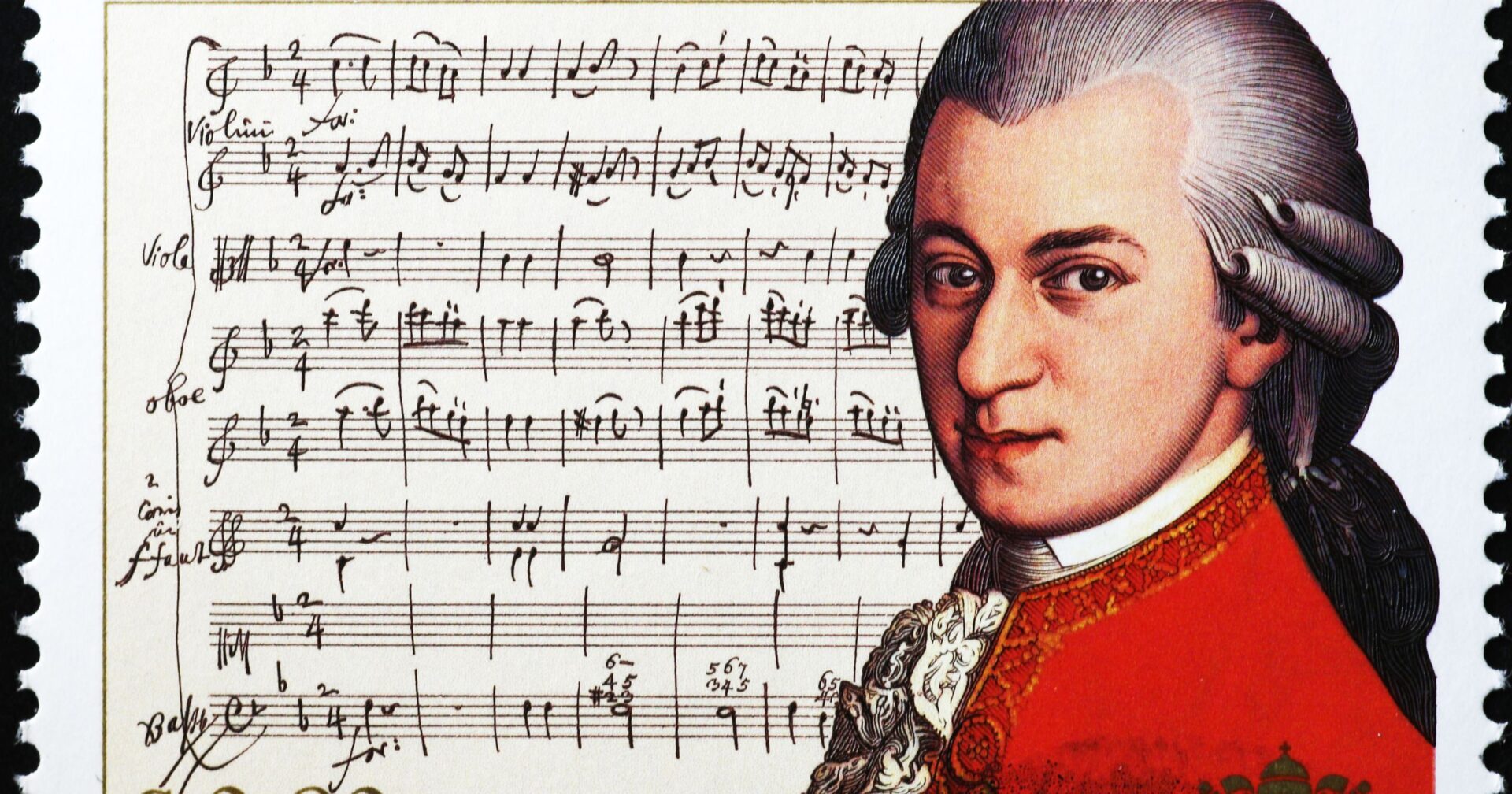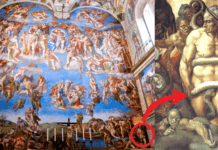Heard exclusively in the Sistine Chapel for 150 years, the composition of “Miserere mei, Deus” was secret until 14-year-old Mozart recreated it from memory.
During the reign of Pope Urban VIII, he had Italian composer Gregorio Allegri compose a setting of Psalm 51 known as Miserere mei, Deus, Latin for “Have mercy on me, O God.” It was to be used exclusively at the Sistine Chapel during matins as part of the Tenebrae service on Holy Wednesday and Good Friday.
At some point, it became forbidden to transcribe the composition of Miserere and because it was only used during those select service at the Sistine Chapel, an air of mystery developed around it.
By 1770, only three authorized copies had been given out to the Holy Roman Emperor Leopold I, the King of Portugal, and to Padre Giovanni Battista Martini. However, they didn’t succeed in capturing the beauty of the original composition.
That year, a 14 year old Wolfgang Amadeus Mozart visited Rome and went to the Sistine Chapel on Holy Wednesday, and heard the Miserere performed. Later that day, he recreated its composition entirely from memory. Later that week on Good Friday, he returned to the Chapel to hear it again and make minor corrections, resulting in a perfect transcription: the first recorded case of musical piracy.
Three months later after Mozart had gained much fame for his recreation of Miserere, Pope Clement XIV summoned him again to Rome to praise his musical prowess. He was awarded the Chivalric Order of the Golden Spur on July 4th, 1770.
The ban was lifted on transcriptions, and Miserere has since become one of the most popular a cappella choral works now performed and is the most frequently recorded piece of late Renaissance music.
Listen to a popular recording of Miserere by the Tenebrae Choir:
Read below an English translation from the 1662 Book of Common Prayer:
“Have mercy upon me, O God, after Thy great goodness
According to the multitude of Thy mercies do away mine offences.
Wash me thoroughly from my wickedness: and cleanse me from my sin.
For I acknowledge my faults: and my sin is ever before me.
Against Thee only have I sinned, and done this evil in thy sight: that Thou mightest be justified in Thy saying, and clear when Thou art judged.
Behold, I was shapen in wickedness: and in sin hath my mother conceived me.
But lo, Thou requirest truth in the inward parts: and shalt make me to understand wisdom secretly.
Thou shalt purge me with hyssop, and I shall be clean: Thou shalt wash me, and I shall be whiter than snow.
Thou shalt make me hear of joy and gladness: that the bones which Thou hast broken may rejoice.
Turn Thy face from my sins: and put out all my misdeeds.
Make me a clean heart, O God: and renew a right spirit within me.
Cast me not away from Thy presence: and take not Thy Holy Spirit from me.
O give me the comfort of Thy help again: and stablish me with Thy free Spirit.
Then shall I teach Thy ways unto the wicked: and sinners shall be converted unto Thee.
Deliver me from blood-guiltiness, O God, Thou that art the God of my health: and my tongue shall sing of Thy righteousness.
Thou shalt open my lips, O Lord: and my mouth shall shew [show] Thy praise.
For Thou desirest no sacrifice, else would I give it Thee: but Thou delightest not in burnt-offerings.
The sacrifice of God is a troubled spirit: a broken and contrite heart, O God, shalt Thou not despise.
O be favourable and gracious unto Sion: build Thou the walls of Jerusalem.
Then shalt Thou be pleased with the sacrifice of righteousness, with the burnt-offerings and oblations: then shall they offer young bullocks upon Thine altar.”
Editorial credit: spatuletail / Shutterstock.com
















